Sukhmani Haven: A ray of hope for international girl students
Sukhmani Haven has been providing international students in Ontario with accommodation, financial support, necessities of life, community counselling, and more.
 (top left) Harlene Bajwa, Deepa Mattoo, Pawanjeet Garewal, and Lovely Virdi; (bottom left): Baljit Sikand, Dr Gurcharan Singh Syan, Satwinder Singh Gosal, and Bhagwan Grewal. / Sukhman Haven website
(top left) Harlene Bajwa, Deepa Mattoo, Pawanjeet Garewal, and Lovely Virdi; (bottom left): Baljit Sikand, Dr Gurcharan Singh Syan, Satwinder Singh Gosal, and Bhagwan Grewal. / Sukhman Haven website
Tightening immigration controls, shrinking college and university seats, inflation, social unrest, ever-increasing unemployment, and you name a problem, international students are facing all of them. With odds heavily stacked against them, they have not given up hope of making Canada their new home. Their optimism comes mainly from institutions like Sukhmani Haven that have decided to apply the social and financial balm that these students desperately need by advocating for their social and financial support.
Sukhmani Haven has been providing international students in Ontario with accommodation, financial support, necessities of life, community counselling, a Help Line, besides advocating for fair employment policies, protection from exploitation, government funding for social infrastructure, reduction of tuition, and reform of roles of agents.
Spearheaded by over a dozen dedicated volunteers, who run Sukhmani Haven, a Mississauga-based organisation that rents a duplex home in Brampton to house a group of international girl students for free. But for the Sukhmani Haven help, they would wander the streets, scan through newspapers and ethnic media columns before applying to rent different houses, mostly basements and receiving dozens of rejections before eventually signing a lease.
Sukhmani Haven started some years ago. And since its inception, it has been inviting applications from needy students, and after scrutinising them, it tries to accommodate them all.
Besides the contributions and efforts of Directors, Sukhmani Haven initially hosted a fundraiser dinner in 2022, which allowed the charity to house 34 students on a short and long-term basis, in addition to providing some with financial aid, tuition bursaries, pro bono legal services and support via a crisis hotline.
Satwant Singh Gosal, an experienced commercial lawyer; Baljit Singh Sikand, a successful businessman; Bhagwan Grewal, an IT expert in financial management; Deepa Mattoo, a lawyer and Executive Director at the Barbra Schleifer Commemorative Clinic; Dr Gurcharan Singh Syan, who retired as an internal medicine specialist; Harlene Bajwa, a criminal law specialist; Pawanjeet Garewal, a community leader and progressive thinker; and Lovely Virdi, a dedicated social worker, form the nucleus of Sukhmani Haven that continues to spread its message of doing good for needy international students who find themselves to be “aliens” on a foreign land.
The number of beneficiary girls has been growing steadily.
Canada, says Baljit Singh Sikand, experienced a tremendous boom in international students over the last decade. Many of these students hail from Punjab. In 2016, there were 22,970 non-permanent residents in Peel – 1.7% of Peel’s total population. Attracted by the prospect of a future in a rich country, students from Punjab receive initial funding from their parents, many of whom are of modest backgrounds and have sold some of their property or gone into considerable debt to fund the education of their children.
The majority of the students use agents who are paid commissions by institutions in Canada. The information as to the ability of the students to earn a decent living to cover their expenses, and the prospect of decent employment, is often false. What started as a journey of hope for the future often results in a path fraught with despair. The students find themselves unable to make ends meet, especially living in Ontario, which has some of the most unaffordable housing in the world. Some of the students -especially women -find themselves economically and physically vulnerable, facing harassment and abuse at work.
Post-secondary institutions have garnered substantial revenues and yet have failed to provide the necessary social infrastructure to support the students from whom they profit immensely. Sukhmani has decided to apply the social and financial balm that these students desperately need by advocating for their social and financial support.
Members of Sukhmani Haven say “we honour and acknowledge the land on which we are on which constitutes the present-day City of Mississauga. This land has been the site of human activity since time immemorial. It is the traditional territories of the Huron-Wendat, Anishinaabeg, the Chippewa, the Haudenosaunee Confederacy and most recently, the Mississaugas of the Credit River First Nations.
“Ontario is covered by 46 treaties and other agreements and is home to many Indigenous Nations from across Turtle Island, including the Inuit and the Metis. These treaties and other agreements, including the One Dish with One Spoon Wampum Belt Covenant, are agreements to peaceably share and care for the land and its resources. Other Indigenous Nations, Europeans, and newcomers were invited into this covenant in the spirit of respect, peace, and friendship. We are mindful of broken covenants, and we strive to make this right, with the land and with each other,” they add.
But the organisation says Baljit Singh Sikand, a former Indian hockey player and accomplished businessman, is concerned about its ability to keep up, which worries those for whom it is a lifeline. It is now planning its annual fundraiser on September 10 with a fond hope of continuing its good work with redoubled vigour.
Rapidly changing geopolitical scenarios, tightening immigration controls, and problems exacerbated by the tariff wars have been adding to the agony of hard-pressed international students.
International students pay four times more in tuition than domestic students. Going by media reports, colleges and governments are not providing wrap-around services like housing, food and job referrals. The problem is further exacerbated by provinces' underfunding of post-secondary education.
International students make up 68 per cent of tuition revenue at 24 Ontario colleges, and over 90 per cent at some Northern Ontario colleges, according to a 2021 provincial auditor general report.
International students from India alone contributed $2 billion to Ontario's post-secondary institutions' operating income last year, compared to roughly $1.8 billion the provincial government contributed, according to a September 2023 report by consulting firm Higher Education Strategy Associates.
The Ontario Ministry of Colleges and Universities had said in a Press statement in January last year that the province was looking into requiring all colleges and universities to have guaranteed housing options for incoming international students.
Until late last year, there was strong criticism of the federal government for bringing in record-high numbers of international students — 800,000 in 2022, then 900,000 in 2023 — without making sure there was adequate housing.
"There's not a lot of rental spaces available, or they're available at such a high price that basically you get priced out."
The IRCC says non-profit organisations are eligible to apply for the Affordable Housing Fund to construct, maintain, and repair affordable housing and shelter spaces.
ADVERTISEMENT
ADVERTISEMENT
E Paper
Video




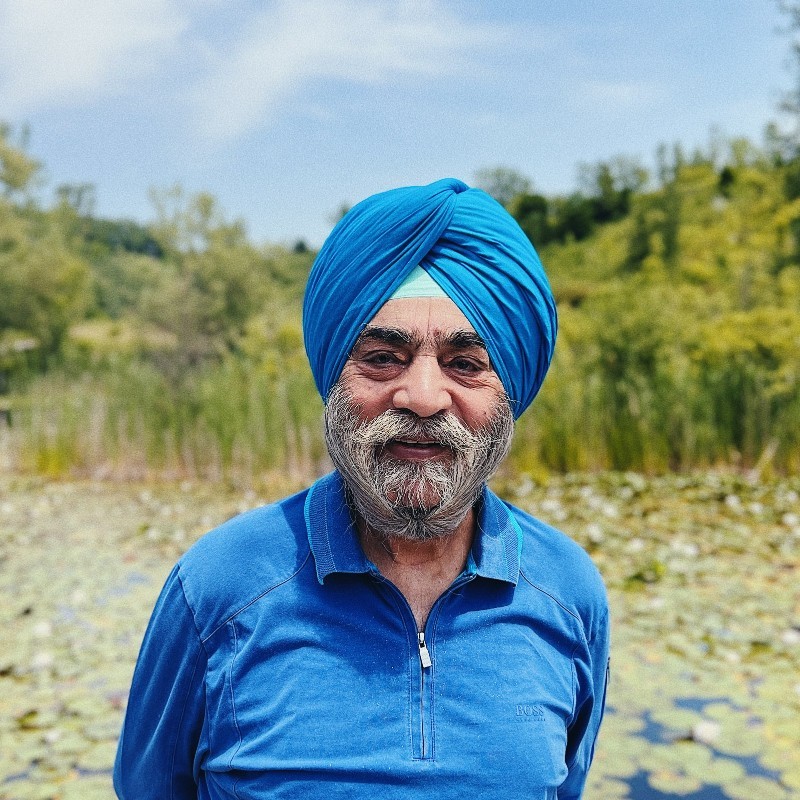 Prabhjot Paul Singh
Prabhjot Paul Singh


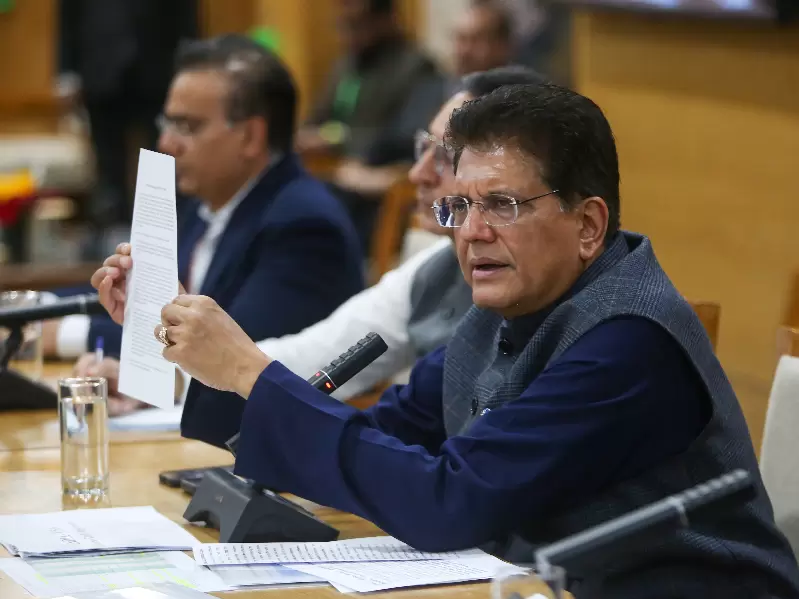
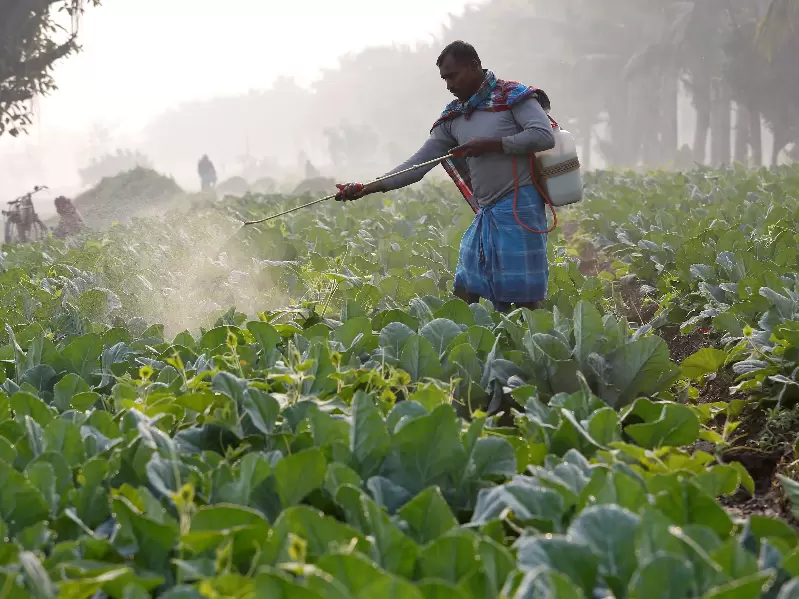



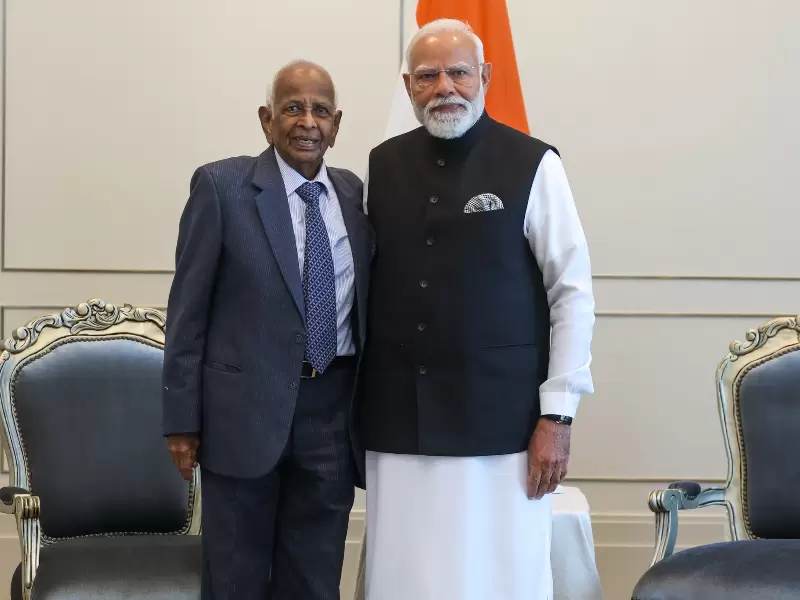


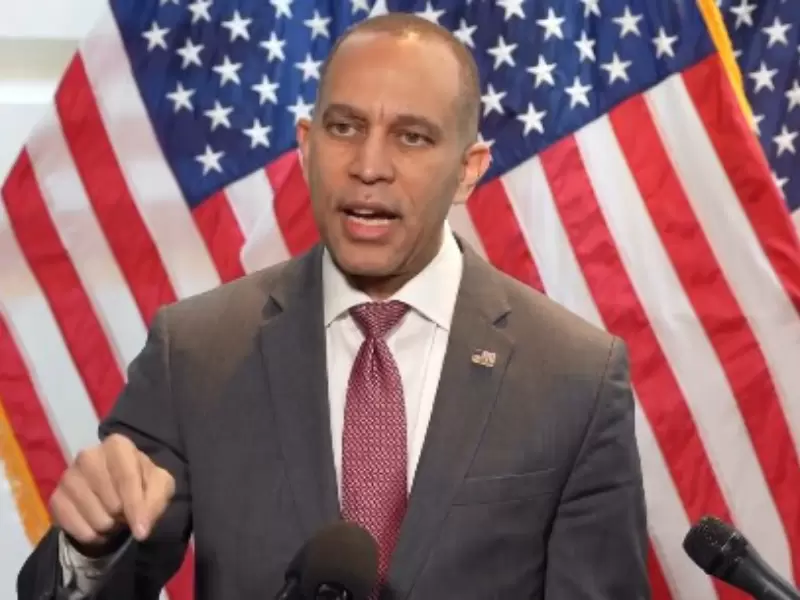


Comments
Start the conversation
Become a member of New India Abroad to start commenting.
Sign Up Now
Already have an account? Login